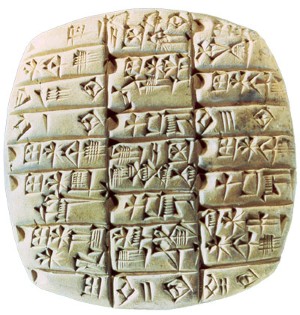
I was reminded that this weekend (Saturday, to be exact, 3/14) was National Pi Day. While it’s not as trippy as 4.20, 3.14 is a head spinner, too. In honor of the infinitely baffling, some math FactSlaps:
- Ancient Babylonians did math in base 60 instead of base 10. That’s why we have 60 seconds in a minute, 60 minutes in an hour and 360 degrees in a circle.

- Students who chew gum have better math test scores than those who do not, a Baylor University study found.
- 2,520 is the smallest number that can be exactly divided by all the numbers 1 to 10.
- There are 177,147 ways to tie a tie, according to mathematicians.

- In 1900, all the world’s mathematical knowledge could be written in about 80 books; today it would fill more than 100,000 books.

- The Birthday Paradox says that in a group of just 23 people, there’s a 50% chance that at least two will have the same birthday.
- 2200 years ago, Eratosthenes estimated the Earth’s circumference using math, without ever leaving Egypt. He was remarkably accurate. Christopher Columbus later studied him.
:max_bytes(150000):strip_icc()/eratosthenes_photo-5c8d7bcc46e0fb00016ee0b8.jpg)
- Mathematician Paul Erdos could calculate in his head, given a person’s age, how many seconds they had lived, when he was just 4 years old.

- In middle school, 74% of girls express interest in science, technology, engineering and math, but when choosing a college major, just 0.4% of high school girls select computer science.
- The largest prime number ever found is more than 22 million digits long.
- The discoveries of Greek mathematicians such as Pythagoras, Euclid, and Archimedes are still used in mathematical teaching today.

- Arabic numerals, like the ones we use today in English, were actually invented in India.

